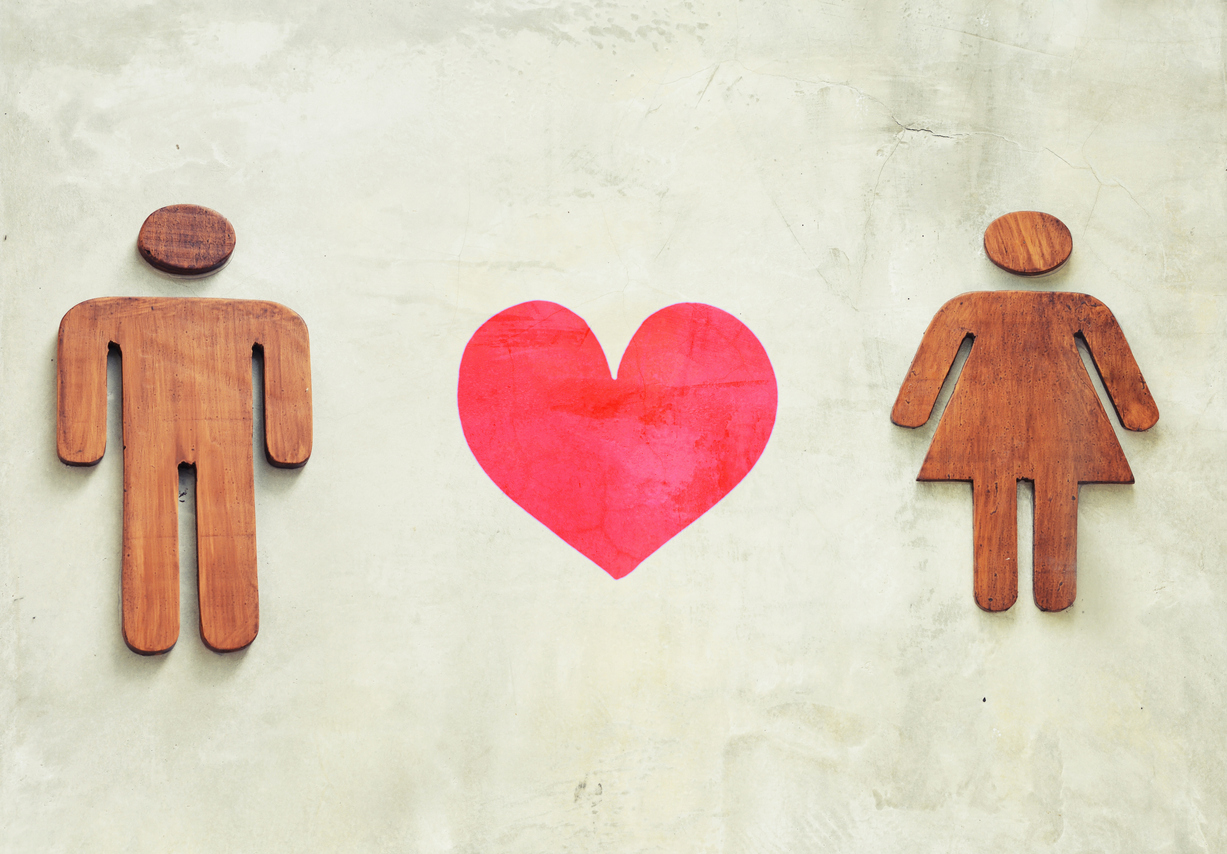World Toilet Day: It always pays to love your loo

Many of us could not imagine life without a toilet and yet for billions of people in some of the poorest corners of the globe the absence of safe sanitation poses a constant threat to their health and the wider environment. Our sewer expert Steve Grebby explains why World Toilet Day is a good time to remember not to take our loo for granted.
“Are we nearly there yet?”
Those five words will be all too familiar to any parent who has set out on a long car journey – only to hear a few miles down the road that their child desperately needs the loo.
We all need to answer the call of nature and for young children in can be even harder to keep their legs crossed until the next motorway service station.
But if your child thinks they are getting a bum deal imagine their reaction if you told them they had to relieve themselves in the middle of a muddy, exposed field. No privacy, no toilet paper – no soap to wash their hands. They’d probably choose to keep their legs crossed.
Yet that is the stark reality facing 4.5 billion people across the world without access to a safe toilet – almost a quarter of whom still defecate in the open without proper sanitation. The impact on public health and the environment is devastating.
It’s a bleak picture which should leave us feeling grateful for our own sewerage system that treats around 4,000 tonnes of waste in the UK every day, without us giving it a second’s thought.
We flush the loo and away goes our poo – it’s that simple.
However, that can quickly change when our sewers get clogged up by items that shouldn’t be there.
Wet wipes are among the biggest culprits and BBC Radio 4’s Costing the Earth recently lifted the lid on the damage these products can cause. The BBC revealed none of these wipes have so far passed the water industry’s disintegration test – even those labelled as flushable.
That sends a confusing message to consumers but our advice is simple.
If you love your loo – only ever flush pee, paper and poo. Put everything else in the bin.
The bottom line is that it costs about £100 million a year to clear clogged up sewers and we pick up the tab through our sewerage bills.
But we pay the price in other ways too.
Every year thousands of people experience the misery of seeing their home flooding with sewage, destroying possessions and memories that you cannot put a price on. In many cases it can be traced back to a pipe blocked up with wipes, nappies or other ‘unflushables’ like fat, oil and grease.
There’s a cost to the environment too with thousands of wipes finding their way into our rivers and on to our beaches, putting marine life at risk.
So today, as we reflect on the life-threatening challenges facing billions of people without a toilet, let’s make a pledge to love our loo.


